The fractured narrative technique has given us a number of great Japanese films during the years, with “Rage” and “Noise“, being the first that come to mind. Takahisa Zeze, who has long since refrained from his pinku past, presents a film that uses this narrative technique in a production that combines exploitation, thriller, and social commentary.
The script is based on the novel “Yuuzai” by Gaku Yakumaru and revolves around two men, who find themselves working together in a small factory. The first one is Junichi Masuda, an ex-journalist who has given up on his work after an incident with one of his articles and is also tormented by his actions as a school kid, involving the suicide of one of his classmates. The second is Hideto Suzuki, a man who tries to be alone as much as possible, and is also tormented by his actions as a school kid. Eventually, a child murder case takes place in a nearby town, which shares many similarities with a crime committed 17 years ago. Masuda suspects Suzuki might be the one responsible for the past crime, and proceeds on writing an article about him, not knowing, though, if he will even publish it or not.
Many other characters have stories that revolve around the two men. Shuji Yamauchi is a taxi driver and the father of a young man who murdered some of his classmates when he was little, with Shuji still trying to pay the compensations and to atone for his son's crimes, with his actions having a toll on his own family. Miyoko is a girl who gets romantically involved with Suzuki, after he “saves” her from a man who is after her, but also hides a rather dark past. Yayoi Shiraishi is a woman in charge of a juvenile detention home, who took care of Suzuki among other young men, also neglecting her own family, and particularly her daughter.
The issue with fractured narrative is that the many stories featuring in the script are somewhat difficult to follow, particularly due to the plethora of characters involved, and even more difficult to connect to each other. And while Lee Sang-il and Yusaku Matsumoto have done a good job in both aspects in the aforementioned movies, Zeze's approach is somewhat messy. To begin with, the story of Yamauchi's son and Suzuki's are so similar, that they seems as if they might be about the same character, although, by the end of the film, I could not say so with certainty. (I lean towards the not, though). Furthermore, the way the stories are connected is a bit illogical, while the concept of so many people with juvenile death stories meeting each other by chance borders on the absurd, with Miyoko's life story also not helping in that aspect. Perhaps Yakumaru and Zeze wanted to say that people that have committed similar crimes draw each other, but even this comment seems far-fetched.
Furthermore, Yakumaru's novel seems to include material that could very easily make a multi-episode drama, and the fact that Zeze tries to include all the arcs in the film also does not help the narrative.
However, “My Friend A” also has a number of merits. The social comments are presented in quite impactful fashion, as they revolve around guilt, regret, second chances in life, love, friendship, and the way society perceives, treats, and reacts to criminals. The last comment is the most central one, and mostly revolves around Suzuki's character, who has actually built a persona in order to cope with his sins. The way this persona is deconstructed as the story progresses is the most impressive element in the film, with Eita being exceptional in the role of a man who just wants to be normal but life does not seem to give him a break. The scene in the karaoke with the “Dragonball” song is a great sample of the fact.
The “second-chance” aspect mostly derives from Masuda, who finds himself in two situations similar to the ones that have cost him much in the past, both professionally and psychologically, with the decision he will take this time being one of the main sources of agony in the movie. Toma Ikuta also does a very good job in the role.
Yamauchi represents the concept of “the guilt that takes over,” with him assuming the guilt of his son, and actually basing his whole life upon it, to the point that he cannot move on with his, even when his son does so. The scenes where he is confronted by his brother, and his son's girlfriend, respectively, are among the strongest in the film, with Koichi Sato's great performance finding its apogee there.
The exploitation element is quite toned down, but is still here, particularly through a number of scenes of beatings, mostly involving Suzuki, and a rather “surprising” scene involving a mutilation, which is as grotesque as it is unexpected.
The atmosphere of the film can be easily described as gloomy, with the contrasting colors and the shades of black and grey that dominate Atsuhiro Nabeshima's cinematography, implementing this element quite fittingly. The same prowess applies to the few calm moments in the film, where Nabeshima takes full advantage of the natural setting to present images of great beauty.
“My Friend A' had the chance to be a great film, but a number of issues in the narrative “forbade” it from doing so. However, and particularly due to the acting, the social comments and the cinematography, it definitely deserves a watch.


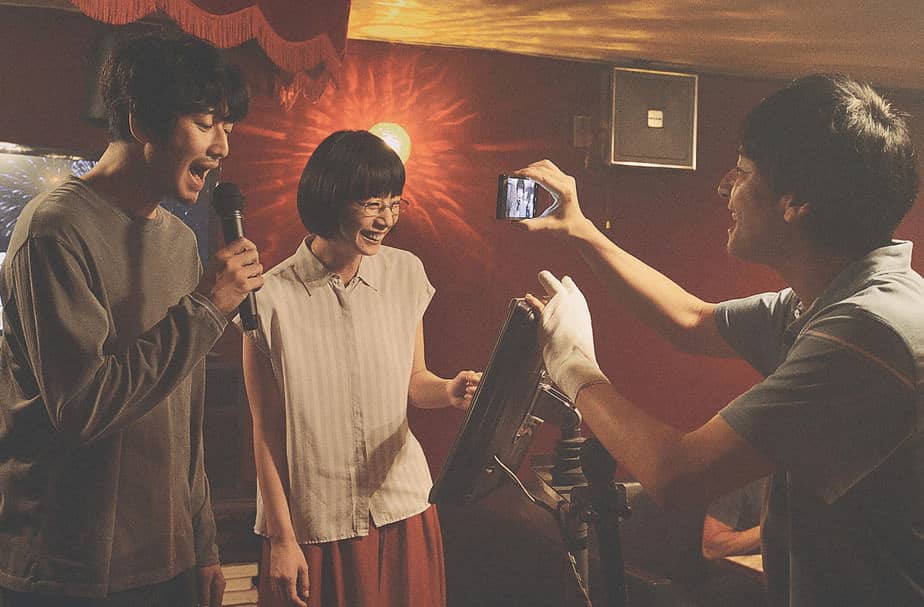
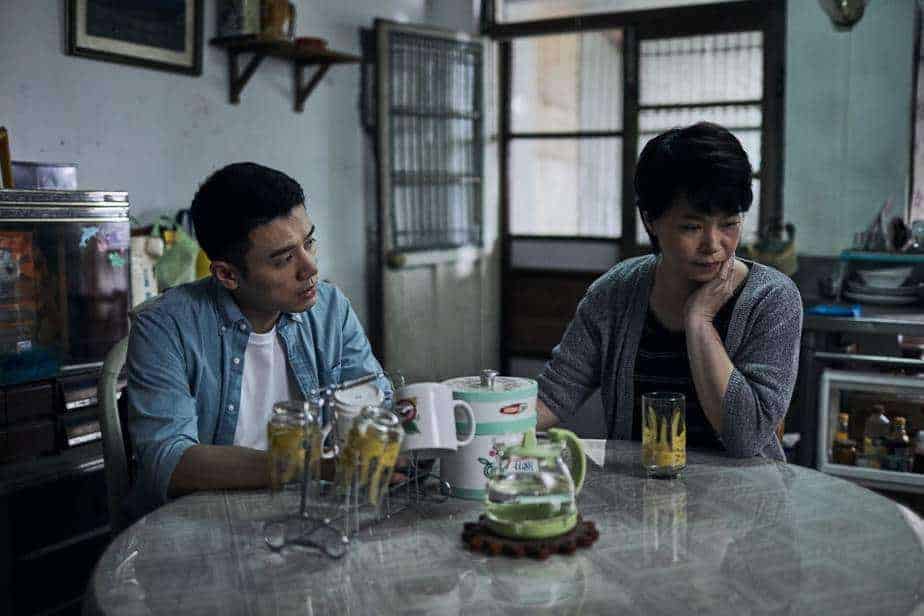
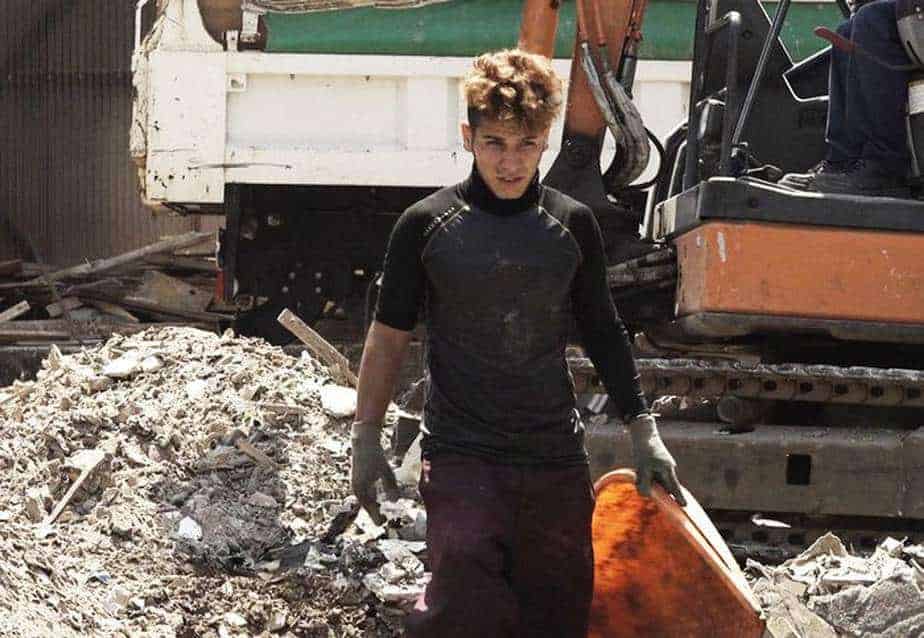
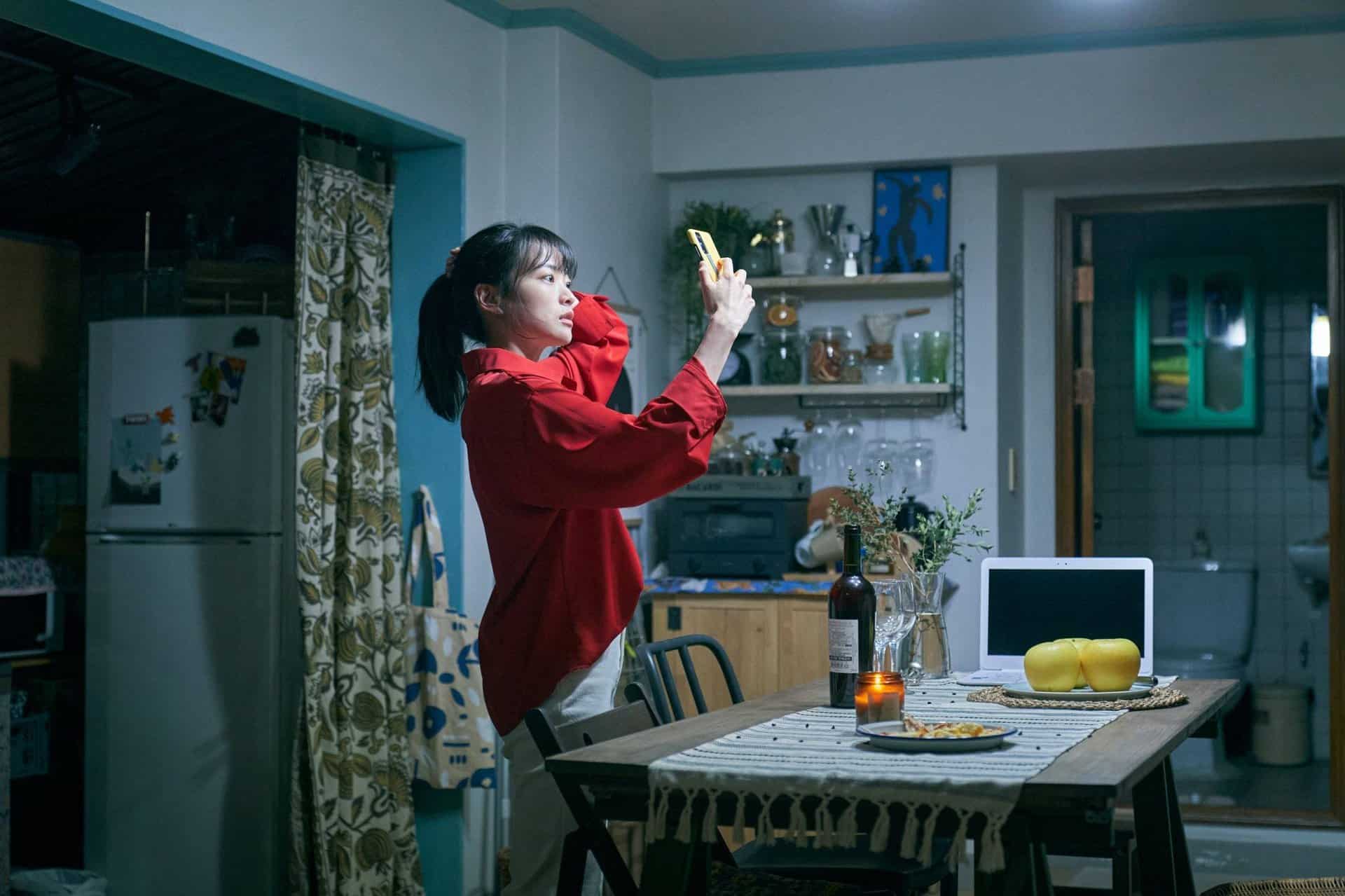
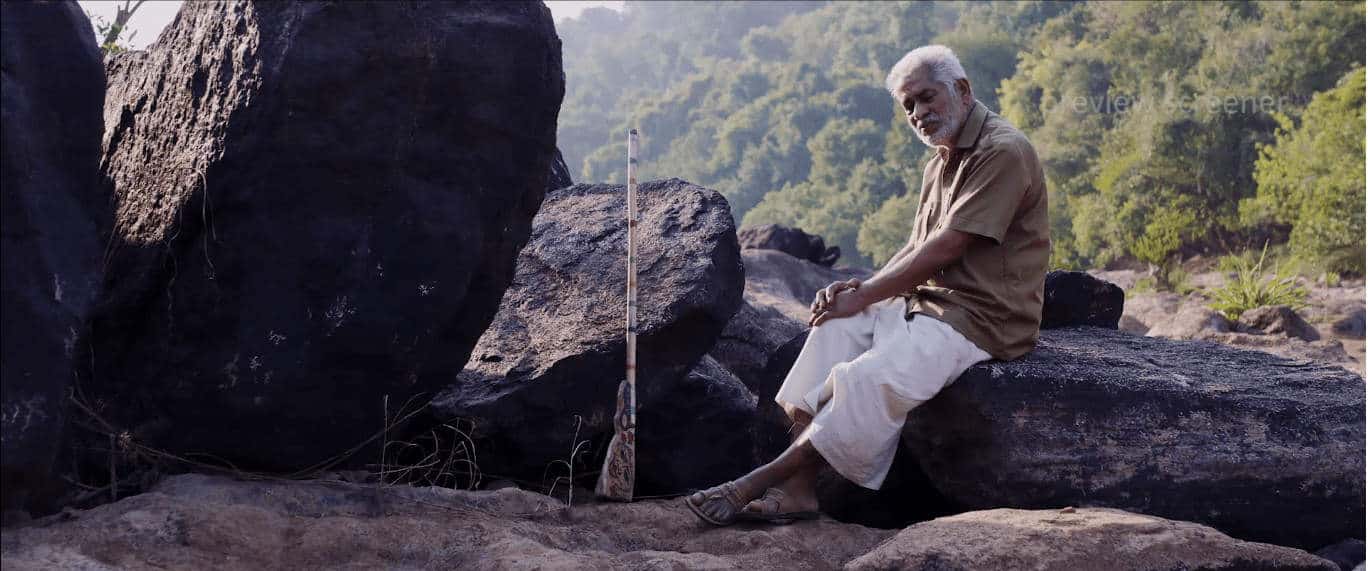
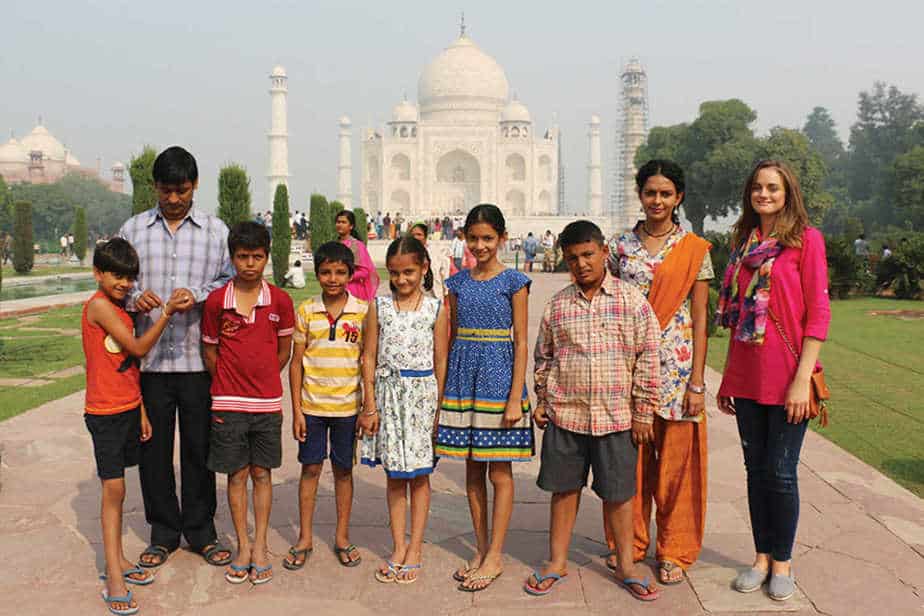
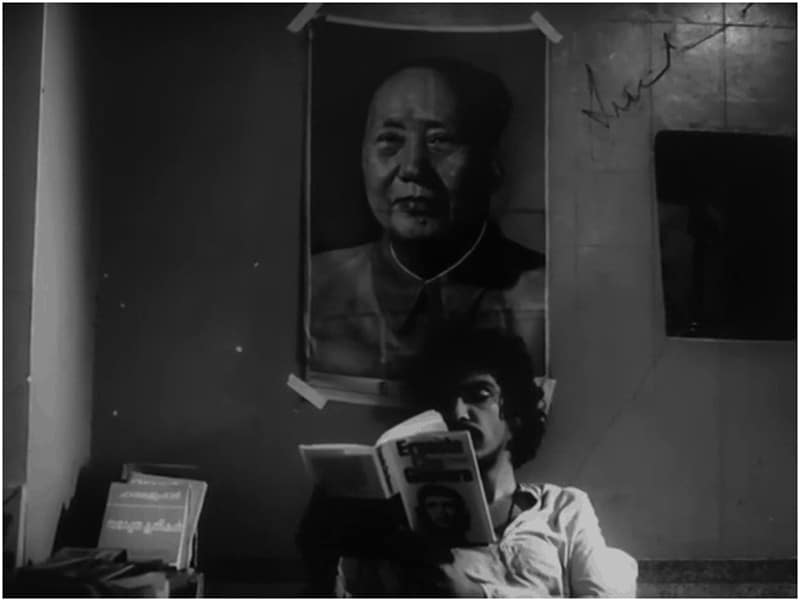







Do you know where I can find english subtitles for My Friend ‘A’?